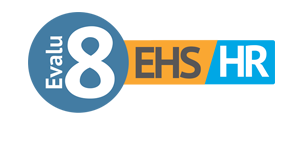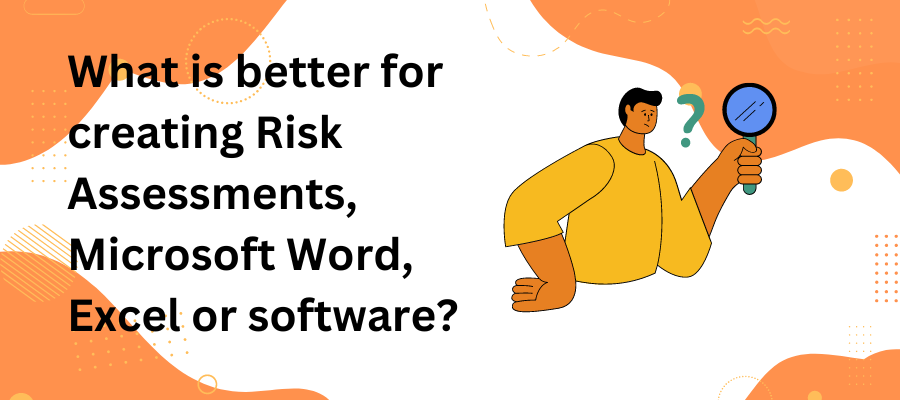What a Good Risk Assessment Looks Like (With Manufacturing Examples)
You’ve probably completed a risk assessment or two in your time, but how do you know if it’s actually good? If it’s overly generic, packed with jargon, or lacks specific control measures, it might tick the box but still leave gaps in safety. So, let’s break down what a good risk assessment looks like, using … Read more




